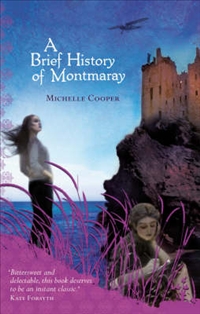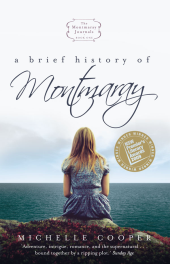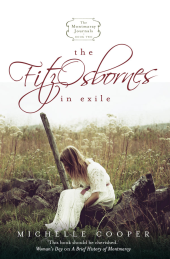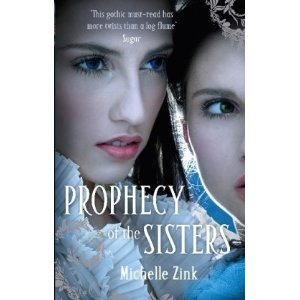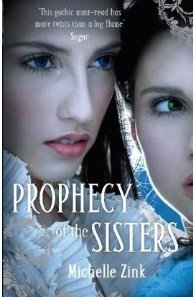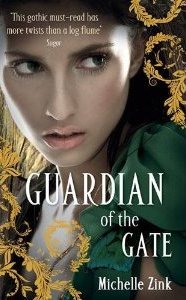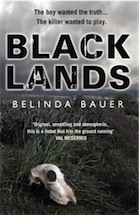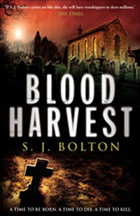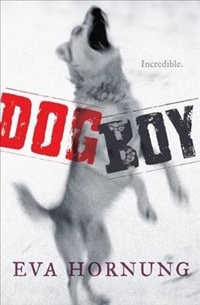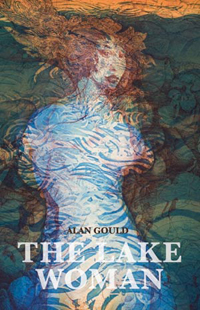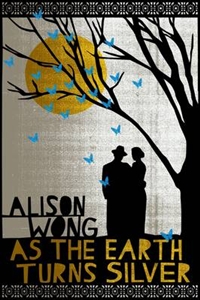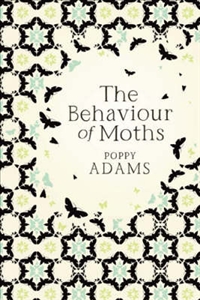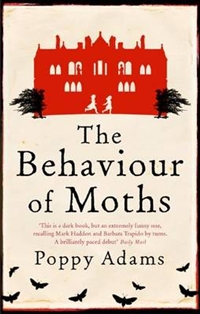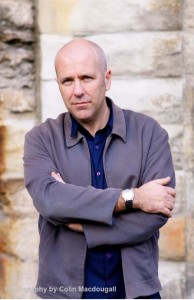 On the ABC’s First Tuesday Book Club recently (3 August) Richard Flanagan had some interesting things to say about book culture, and in particular prize culture. The panellists were discussing Yann Martel’s next novel after Life of Pi. The consensus was that the book Beatrice and Virgil was something of a failure. Here’s what Richard Flanagan had to say:
On the ABC’s First Tuesday Book Club recently (3 August) Richard Flanagan had some interesting things to say about book culture, and in particular prize culture. The panellists were discussing Yann Martel’s next novel after Life of Pi. The consensus was that the book Beatrice and Virgil was something of a failure. Here’s what Richard Flanagan had to say:
“The problem with book culture now is writers aren’t allowed failure. It’s become like the movies – you have to proceed from success to success. Perhaps [Martel] needed to write this book to liberate himself from the terrible enslavement of that huge success of Life of Pi (ie the Booker prize and big sales) in order to go on and write some more great books…”
“The real problem is we have a prize culture and if you happen to have the serendipity of winning one of those your books sell hugely, and if you don’t they almost vanish… twenty or thirty years ago most books sold moderately and they were judged for what they were. [Martel] had great success and now he has global humiliation. That’s a terrible thing to have happen to a writer. Something has gone terribly wrong with the world of writing when it’s been perverted to that extent.
“There are a whole lot of other accessible books, beautiful books, not high-brow books, great books. Great books are those books that people like. Novels are the great democratic art form … but the little bit of public space allowed for discussion of them, promotion of them, the marketing of them, is becoming increasingly restricted to the prizes and we are losing a lot in that.”
I wholeheartedly agree with this. It also feeds into the tendency of publishers to gamble on the next big thing with book auctions netting ridiculous windfall advances for the select few. The publishers, having spent so much, have to protect thier investment so they spend big bucks on promotion and marketing, meaning the spotlight shines down relentlessly on only a handful of books. As Laura Miller noted recently in a piece in salon.com: “Bestselling authors continue to sell better and better, while everyone else does worse and worse”. I live in hope that the cost changes that ebooks will eventually bring to publishing may herald a new democratic age for writing similar to that Richard Flanagan harks back to.


